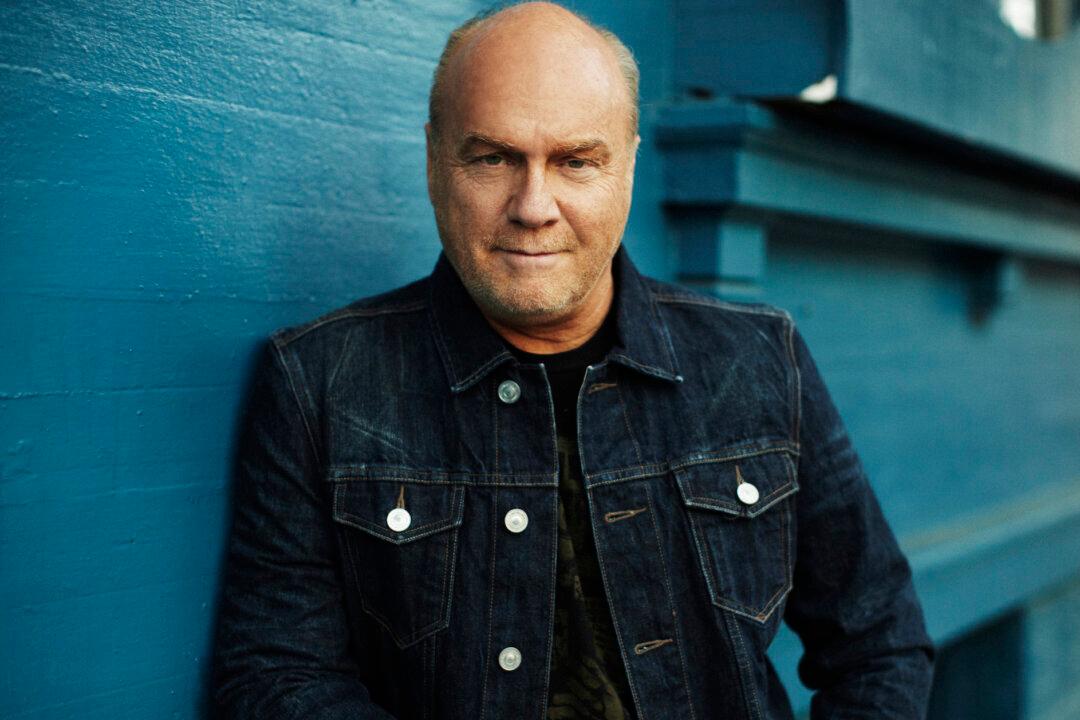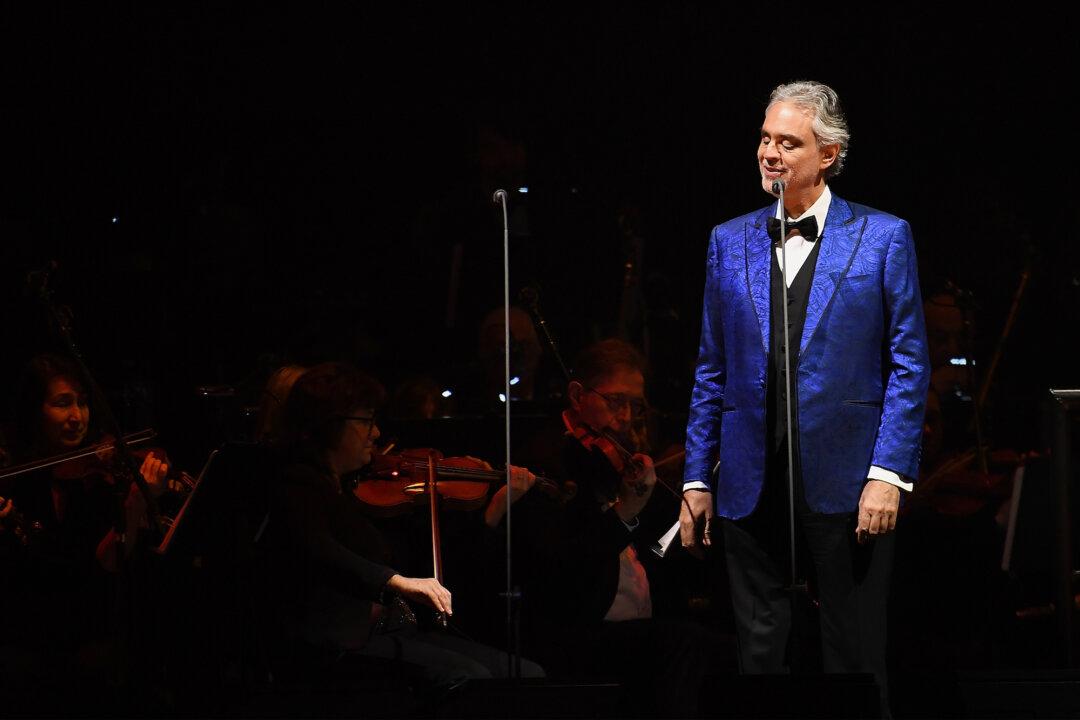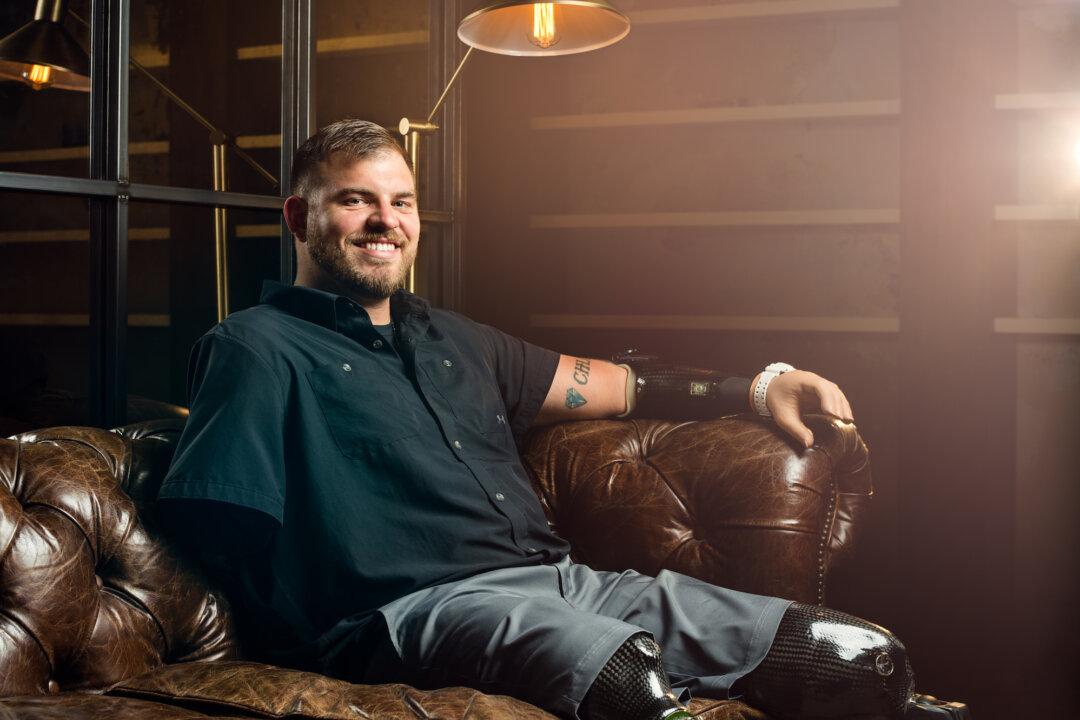Pastor Greg Laurie of Harvest Christian Fellowship has long ministered to the faithful. He has been holding his well-known evangelical events, called Harvest Crusades, for more than 30 years on campuses in California and Hawaii, and he has a strong online presence as well.
Today, especially, when so many Americans are suffering through extremely challenging times as a result of the coronavirus, this dedicated faith leader says we must turn to God above all else and remain focused on our personal relationship with him.




